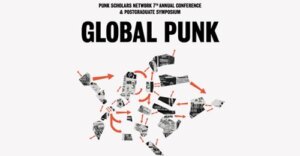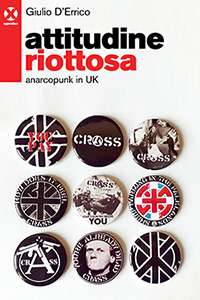arch New publication: Craft Entrepreneurship
This book edited by Karen Patel and Annette Naudin, brings together a range of perspectives on craft entrepreneurship across different contexts, partly to celebrate craft makers but also to highlight the unique challenges they face (Luckman, 2018). Craft entrepreneurs work at the intersection between highly professional practices on the one hand, and amateur work that shifts between hobbyists and the possibility of selling work. Hierarchical divisions between amateur and professional are blurred, creating a complex marketplace for those seeking to earn a living from their craft practice. Adopting entrepreneurial approaches tends to come secondary to the love of making and a passion for the craft artefact, causing an uneasiness with notions of entrepreneurship and business acumen.
Although the craft sector is not usually associated with entrepreneurship because of the relatively low income it generates, it seems reasonable to explore the entrepreneurial practices of craft makers, given that compared to other cultural industries a high proportion of makers are sole traders. Craft workers have become the subject of interest for scholars exploring the relationship between creative economy and cultural work (Luckman 2015; Luckman and Thomas, 2018). Previous work on the craft economy indicates that contemporary craft entrepreneurs are highly resourceful, making the most of digital technologies by embracing platforms such as Etsy and social media sites such as Instagram to build brand awareness and reputation. However, as Susan Luckman and Nicola Thomas argue, “the ease of establishing online shopfronts hides the complex work required to start and run a small business, especially one in an increasingly globally competitive space with isolated producers and narrow profit margins” (2018, p.119). Indeed as Luckman and others have shown, sustaining a craft enterprise is not easy. While some policy interventions encourage craft businesses, there are complex issues at stake in balancing aesthetic considerations with economic needs.
It is interesting that craft entrepreneurship is an area that is under-researched, given the range and longevity of craft practice all around the world and the increasing centrality of craft in creative industries policy and discourse. This may be because craft is an area which is now dominated by women, and is a skilled form of cultural production which has been carried out by women in a variety of settings for centuries. Women’s work has always been devalued and craft is a prime example of this. It remains that the type of craft produced by women craft entrepreneurs, particularly in textiles, is commonly perceived as ‘amateur’, even in the ‘post-Etsy’ age which demands a level of professionalism and expertise. It is perhaps not surprising, then, that this is the first collection to address an area of cultural entrepreneurship that happens to be dominated by women. As we have discussed, there is much more to be done to explore craft entrepreneurship in a variety of contexts, so we hope the chapters in this book inspire further work.
The book is available from Rowan & Littlefield
A book launch and discussion will take place on 9th June 2021 at 4pm as part of the BCMCR Creative Industries Cluster research seminars

